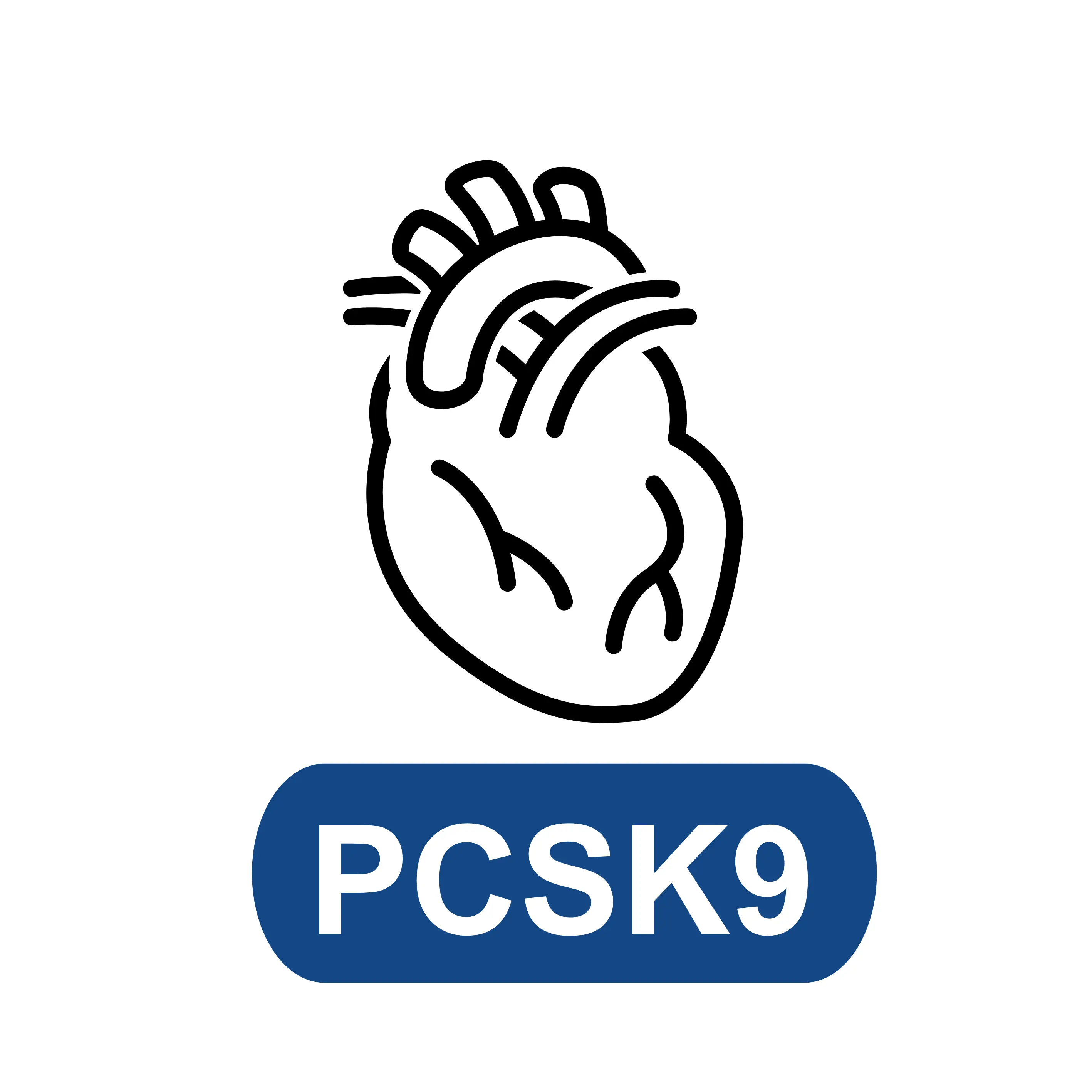Navigating the Future of Personalized Medicine: The Remarkable Potential of Pharmacogenomics
In an era defined by unprecedented advancements in medical science, the concept of personalized medicine has emerged as a beacon of hope for optimizing treatment strategies and improving patient outcomes. At the forefront of this revolution lies pharmacogenomics, a field that explores the intricate relationship between genetics and drug response. In this blog post, we will explore the fascinating world of pharmacogenomics and its potential to reshape the landscape of healthcare.
Decoding Pharmacogenomics: Unveiling the Essence
Pharmacogenomics is a groundbreaking field that examines how an individual's genetic makeup influences their response to medications. Each person's genetic code holds the key to understanding how they metabolize and interact with various drugs. By analyzing specific genes involved in drug metabolism, pharmacogenomics allows healthcare professionals to tailor treatment plans to a patient's unique genetic profile, minimizing adverse reactions and optimizing therapeutic efficacy.
Precision Medicine Redefined
The overarching goal of pharmacogenomics is to achieve precision medicine, an approach that moves away from the one-size-fits-all model and towards treatments customized for each patient. Traditional trial-and-error approaches to drug prescribing can lead to unwanted side effects or ineffective treatments. By harnessing the power of genetics, pharmacogenomics empowers healthcare providers to make informed decisions, choosing the right medication and dosage for the right patient from the start.
Unraveling the Benefits
The benefits of integrating pharmacogenomics into clinical practice are manifold. Patients who undergo genetic testing for drug compatibility are more likely to experience fewer adverse reactions and enjoy improved treatment outcomes. This is particularly crucial in cases of chronic conditions where long-term medication usage is necessary. Additionally, pharmacogenomics holds the potential to enhance medication adherence, as patients are more likely to adhere to treatments that are well-tolerated and effective.
Overcoming Challenges: Education and Implementation
While the promise of pharmacogenomics is immense, there are challenges to address. One such challenge is the need for widespread education among healthcare providers and patients. Both parties must understand the significance of genetic testing and its role in optimizing treatment. Furthermore, integrating pharmacogenomic data into electronic health records and clinical workflows requires seamless implementation to ensure that genetic insights translate into actionable treatment decisions.
In conclusion, pharmacogenomics stands as a testament to the transformative potential of genetics in healthcare. By unlocking the intricate relationship between genes and drug response, this field is ushering in an era where treatments are tailored to the individual, minimizing risks and maximizing benefits. As we navigate this exciting frontier, the vision of personalized medicine is becoming an increasingly tangible reality, offering new hope for patients and healthcare providers alike.
Related Immunoassays
- Cardiac Markers
-
Tumor Marker
-
PGII
-
G17
- CA50
-
CA125
- CA242
-
CA15-3
- CA19-9
- CA72-4
-
Pepsinogens I (PGI)
-
Human Epididymis 4 (HE4)
- Prostate-Specific Antigen (PSA)
- Squamous Cell Carcinoma (SCC)
- Neuron-Specific Enolase (NSE)
- Cytokeratin 19 Fragment (CYFRA21-1)
- Human Progastrin-releasing Peptide (ProGRP Tumor Marker)
- Protein Induced by Vitamin K Absence or Antagonist-II (PIVKA II Tumor Marker)
- Alpha-fetoprotein(AFP)
-
CEA
-
Human Chitinase 3-like 1
-
PGII
- Inflammatory Marker
- Infectious Disease
- Hormones
- Thyroid Function
- Glucose Metabolism
- Bone Marker
- Others
-
Heterophilic Blocking Reagent
- Animal Diagnostics

















